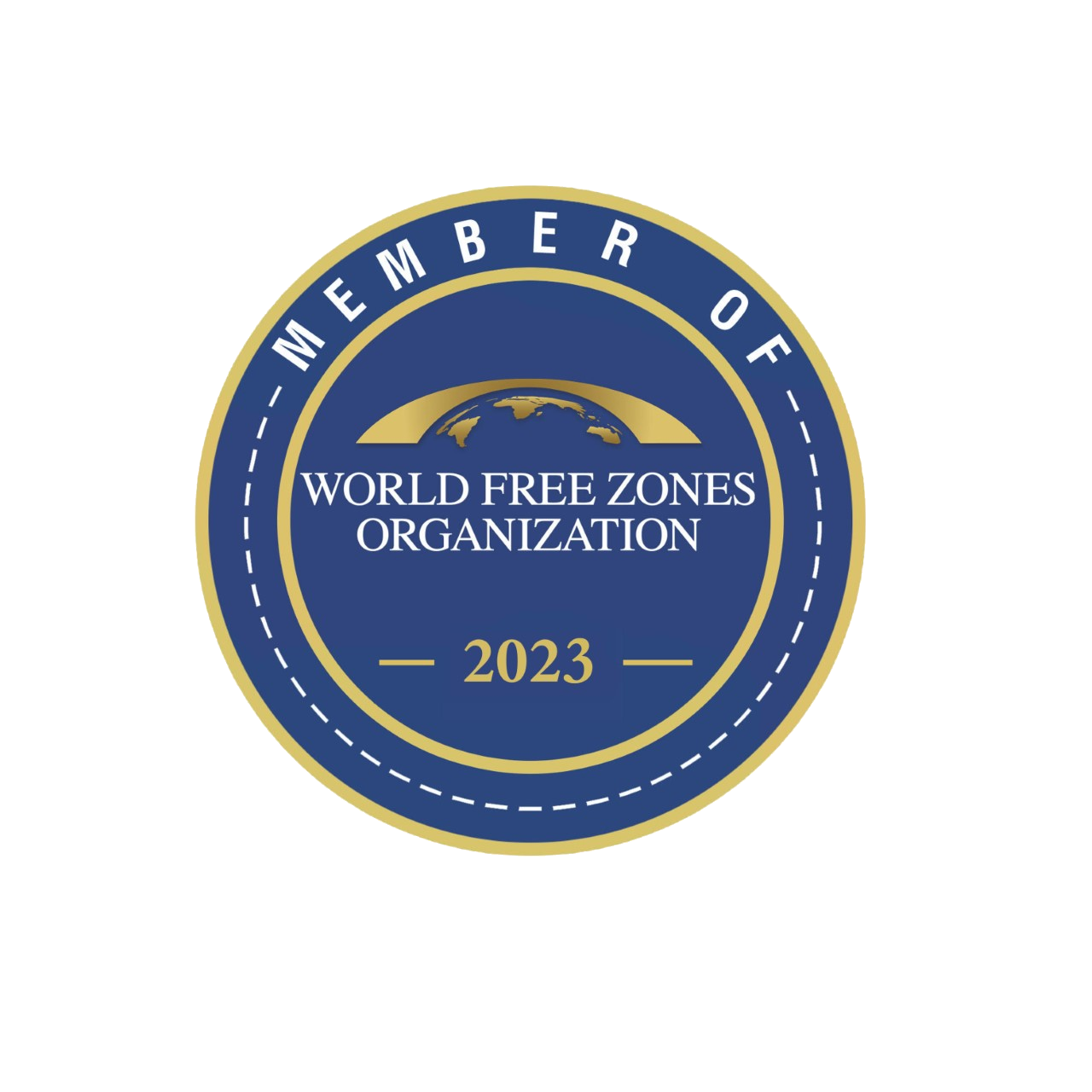OVERVIEW OF THE HALAL ECONOMY
The Halal economy has in recent years emerged as one of the most dynamic sub-sectors of the global economy with a powerful transformative force for socio-economic development. It has also become a leading component of economic growth, employment, trade, innovation and social cohesion in most advanced and emerging economies.
According to the State of the Global Islamic Economy Report 2022, an annual industry report produced by Thomson Reuters, the burgeoning Halal economy is growing at nearly double the global rate. The report states that the total value of the Global Halal economy in 2021 is USD$4.831 trillion, and it is forecasted to reach USD6.854 trillion by the year 2025. Read more>>
SECTORS
The global halal market of 1.8 billion Muslims and 0.2 billion non-Muslims is no longer confined to food and food related products. It has since assumed multi-sectoral dimensions covering sectors and products ranging from:
- Agribusiness, Food & Beverages
- Non-food consumables sector which comprises: fashion, pharmaceuticals, toiletries, healthcare products and cosmetics.
- Services sector which comprises: finance and banking, real estate, hotels, travel and tourism, Renewable Energy & Environment
- Spin-off and ancillary activities such as: research & development, logistics & transport, print and electronic media, branding and marketing, packaging & handling, audit, & certification.
OPPORTUNITIES & BENEFITS
In spite of the word ‘halal’ (permissible) being associated with Islam, a halal economy ultimately benefits the entire community. Most of the founding principles of a Halal economy are naturally aligned with the universally recognized values of ethics and sustainability. As a result, halal products and services are attractive to non-Muslim consumers, particularly in the light of current global sentiments where the demand for ethical and socially-conscious product offerings are on the rise. It should be emphasized that the halal market is non-exclusive to Muslims, and has gained increasing acceptance among non-Muslim consumers who associate halal with ethical consumerism. As such, the values promoted by halal – social responsibility, stewardship of the earth, economic and social justice, animal welfare and ethical investment – have gathered interest beyond its religious compliance. Read more>>
HALAL ECONOMY INITIATIVE
The Halal Economy Initiative is Africa’s primary platform for knowledge sharing and collaboration on the Halal Economy. It advances its work through publications, collaboration and networking, virtual and in-personal events. The Initiative works directly with Governments and enterprises in their efforts to attract investment, increase trade and foreign exchange earnings, and gain access to new markets.
It places strategic emphasis on agriculture, manufacturing and industrialization as the basis for economic structural change in Africa. The development of Halal Special Economic Zones, Export Processing Zones, Agro-industrial Parks, Free Trade Zones & Logistics Hubs is at the heart of the Initiative, and support Rural Transformation Centres, therefore, is central to this strategy. Read more>>
FUNDING HALAL ECONOMY THROUGH VIABLE ALTERNATIVE MODELS
The Initiative applies innovative and ethical business and financial models, public private partnerships that combine industry with private-public investments to support the development of its Halal economy programs. Furthermore, the Initiative helps to structure and raise financing from a host of international lenders, including Islamic commercial banks, multilateral and bilateral lending institutions, export credit agencies, and ethical capital (Sukuk) markets to develop the projects of its clients or partners.
TERMS OF REFERENCE
Relevant regional/state or national governments, public and privates intending to join the Initiative will NOT have to pay any fee to do so but they will commit to: Read more>>

